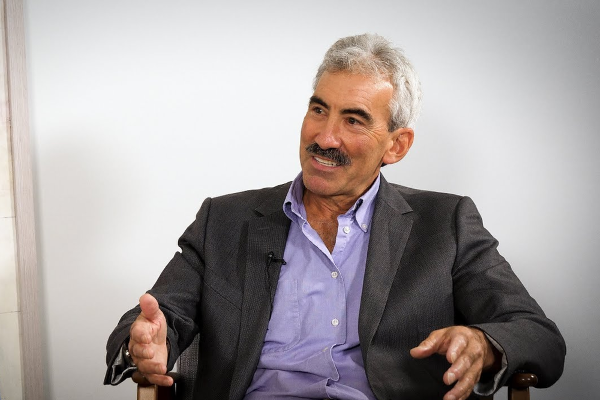
George Loewenstein (Carnegie Mellon University) will deliver a talk on "A Personal-Equilibria Model of Insecurity". An abstract for the paper can be found below:
We propose a theoretical model of insecurity --- high-but-fragile self-esteem --- that seeks to integrate and help make sense of diverse strands of research in psychology. Adopting from behavioral economics the concept of a ``personal equilibrium" --- a situation in which an individual's psychological state produces feedback effects reinforcing that state --- we posit that insecurity arises when an individual at a high-self-esteem equilibrium recognizes the potential of falling to a low-esteem equilibrium. Presenting a basic version of this model, generalizing it to incorporate the potential for multiple dimensions of self-esteem, reference-dependence (adaptation), and elaborating on the dynamic processes it implies, we show that the model can help to make sense of a wide range of cognitive, hedonic and behavioral phenomena: overconfidence and the impostor syndrome, under- and over-achieving, information avoidance, self-handicapping, dropout from school and the labor-market, defensive aggression, rejection sensitivity, the reasons and consequences of the failure to apologize, workaholism, the effects of trauma, and a wide range of well-documented gender differences.
